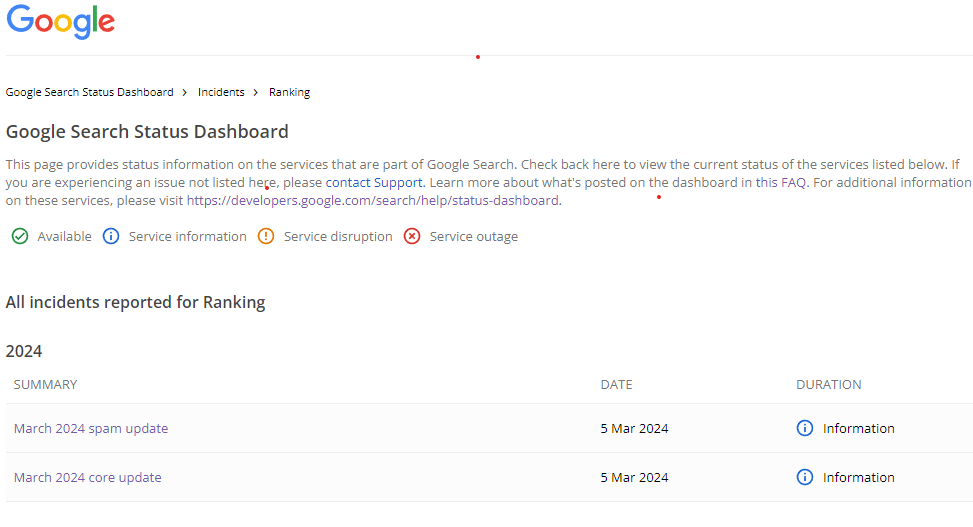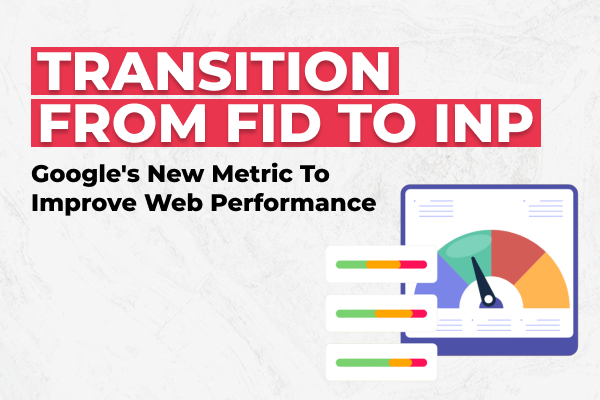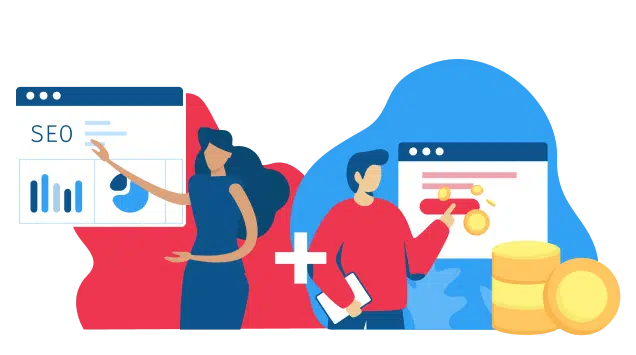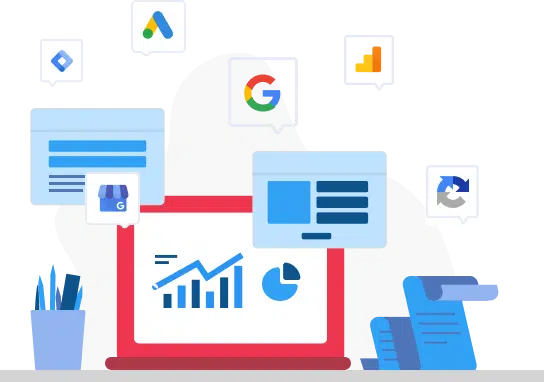Google has once again come up with a new update, and it is designed to scale up the quality of search by displaying less content, which can attract clicks and make people feel that it is functional. Google has also shared spam policies to practice and avoid negative impact on Google’s search results.
March 2024 Core Update
Compared to previous updates, this Google update is more intricate and has involved several changes to core systems. It can also be seen as evolution to utilize it and walk in the right direction.
As Google uses multiple systems to get accurate user information, it has now enhanced its core ranking systems to display more authentic results by applying innovative signals and methods.
Since it is known as more intricate, it might take several weeks. It is involved with several functionalities in ranking factors than a regular Google update. However, it requires some more time to complete this process of updating.
New Spam Policies
Google’s latest spam policies address the growing unhealthy practices. Let’s look at the policies: Expired domain abuse, Scaled content abuse, and Site reputation abuse.
Google has specifically directed content creators to check all spam policies rather than engaging in such practices. Sites that have not been taken seriously and violate these spam policies might get ranked lower in results or won’t appear at all. In case of violating the spam policies, the site owner will get immediate notice from their registered Search Console account, and there is a chance of having an action reconsidered.
Expired Domain Abuse
The practice of expired domain abuse is the process of obtaining an expired domain name and repurposing it, manipulating the search ranking on hosting content that is irrelevant to users—for instance, taking the domain that was already used by a medical site and purpose in hosting no value content of casino related and expecting to get users based on domain’s reputation from the used ownership.
Domain abuse is not something that happens unknowingly and accidentally. It is a practice employed by some people who are planning to rank well in search with low-quality content by utilizing the previous reputation of a domain name. The method of using old domains is not wrong, but it has to serve the purpose of users.
Scaled Content Abuse
Scaled content abuse involves generating loads of content with the intention of manipulating search ranking rather than being useful to users. This practice involves creating a large amount of content that is not original and gives no value to users.
Google’s new policy strikes on content generated automatically or produced by humans, or a combination of both. When the content does not serve the purpose, it is considered as scaled content abuse.
Site Reputation Abuse
When third-party pages are published without the involvement of the first party to manipulate search ranking by taking advantage of the first party’s ranking signals, they will have sponsored, advertising, etc. Moreover, these third-party pages offer no value to users.
Google’s policy won’t consider third-party content that violates the policy and manipulates search rankings. For instance, many publishers host ad content that is more for their daily readers than to manipulate search rankings. This policy will be effective from May 5, 2024.
Google is introducing new policies to improve its spam-fighting system and ensure that users get the right information. At the same time, Google wants to ensure that those who produce quality content succeed in search results rather than those who engage in spam.
Google will confirm the complete update through its Search Status Dashboard.

Explore the official page of Google’s March 2024 core update.



















